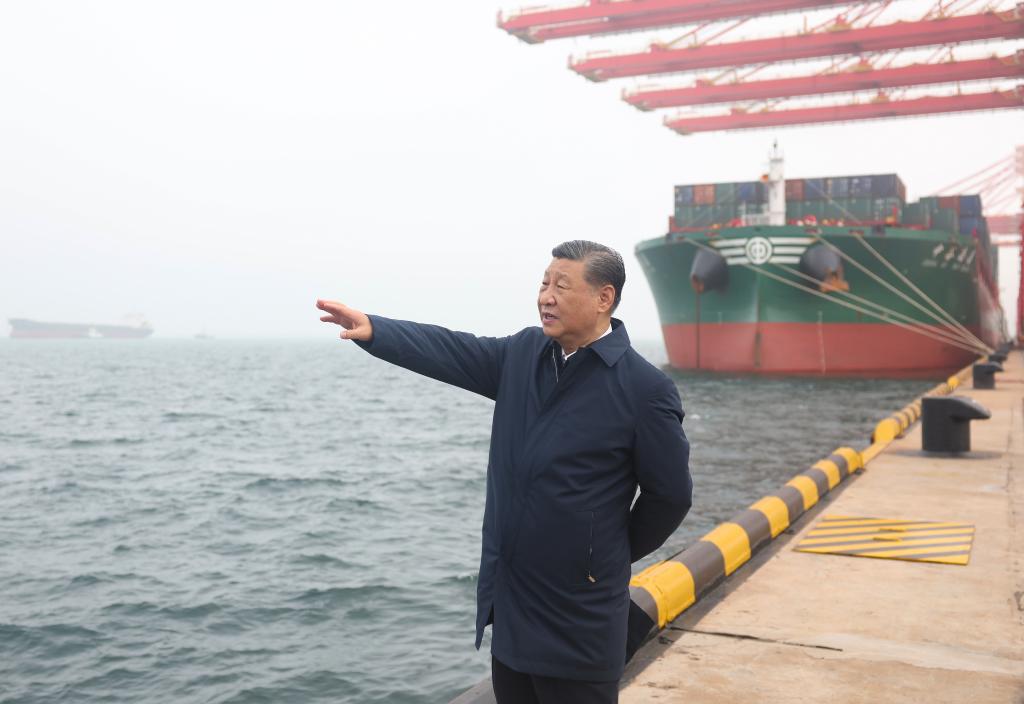ARMS CONTROL DIFFERENCES…
ARMS CONTROL DIFFERENCES…
While the Chechen conflict was the major cause of friction between Russian and Western European leaders, mounting tensions between Moscow and Washington were at least equally the product of ongoing differences over the 1972 ABM treaty. Recent weeks have witnessed an apparent failure of U.S. negotiators to overcome Russian objections to changes in the ABM accord sought by Washington so as to proceed with the development of a limited national missile defense system.
More to the point, Russian diplomats have moved to internationalize the ABM dispute, while Russian defense officials have warned of military countermeasures that Moscow will take in response to any U.S. withdrawal from the ABM treaty. In the first case, Russia has introduced a UN General Assembly resolution condemning actions by any country that might undermine the ABM treaty. It has also begun to lobby leaders in Europe and elsewhere to oppose U.S. missile defense plans. Meanwhile, several top-ranking Russian generals have warned that Moscow will move to beef up its strategic nuclear forces if Washington withdraws from the ABM treaty. Among other things, they said that Russia will prolong the life of some of its current delivery systems, and will consider deploying multiple warheads on older and newer systems.


